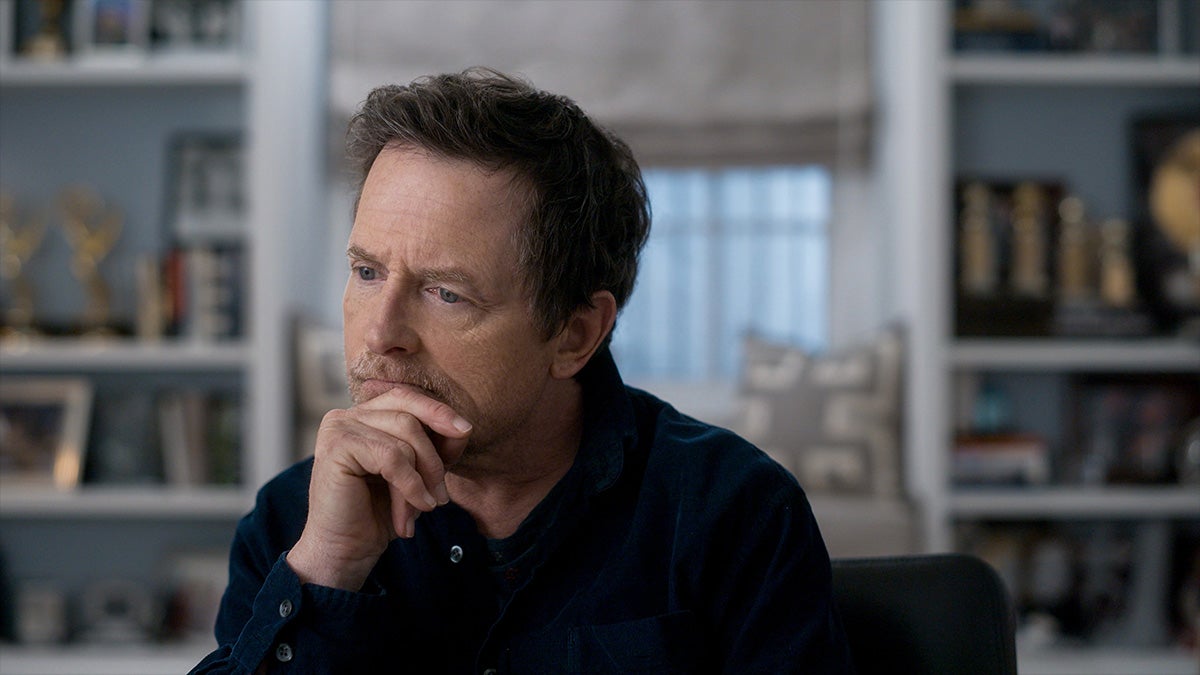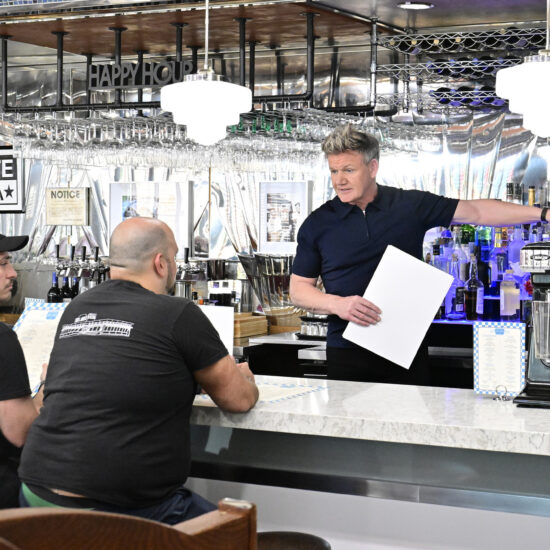
This story about “Still: A Michael J. Fox Movie” first appeared in the Race Begins issue of TheWrap’s Emmy magazine.
Davis Guggenheim, the Oscar-winning director of “An Inconvenient Truth” and “Waiting for Superman,” has made an intimate chronicle of Michael J. Fox’s meteoric rise to TV and film stardom in the 1980s, followed by his shocking diagnosis with Parkinson’s disease. In keeping with Fox’s usual approach, “Still” is light instead of ponderous, even as it delves into the inexorable progression of a disease about which Fox’s doctor told him, “You lose this one.”
How did you get involved with this movie?
It was during COVID. I was in a rut, I hadn’t had a movie that excited me in a while. And I read this interview with Michael in the New York Times. Of course he was funny, but his storytelling was so strong that I said, “I gotta read his books.” And after I read his books, I approached him and he was very open right away. The only thing he said was, “No violins.” That was the only note he gave me in the three years that we made this.
So does the score have any violins?
Well, it’s funny. I did panic. We were in the mixing stage with the composer, John Powell, who had never done a documentary before. One of my favorite parts was with one violin [laughs] and I thought, “I hope Michael was talking metaphorically.”
You tell Michael’s story in a variety of ways, often accompanied by his readings from his audiobooks. There are reenactments at times, and also clips from his movies and TV shows that serve as a kind of playful autobiography of sorts.
Sometimes when you’re making a movie, you say, “God, I hope there are no battles.” But a conflict-free movie is a boring movie. And [editor] Michael Harte and I had a battle, which was, “How do you express these moments in Michael’s life when there’s no archives?”
My solution was reenactments, which we shot up in Vancouver. And his solution was Michael’s movies and TV shows. I would storyboard a scene for reenactments, and he would cut over the storyboards with footage from a movie or TV show. We’d go back and forth. Sometimes I would win and sometimes he would win. It was really tricky — and he never wanted to do this, but I would screen the movie every two weeks to learn what the audience would accept. Those battles were essential.
But you also had one-on-one interviews with a very open and honest Michael J. Fox.
My first instinct was not to do any interviews. I thought it was going to be totally re-creation and archive. But I did a commercial where I was introduced to a shot where you could sit really close to a person you were interviewing. You’re, like, four feet away. We were looking right into each other’s eyes and laughing, and I was asking tough questions. It’s very intimate and raw and real in a way that I didn’t imagine. And it was so good that we just kept going back to it. We did six interviews over more than a year. You see his decline in those interviews, you know?
Toward the end, you also confront him with a blunt statement: You’ve never told me that you’re in pain.
We had a full movie, which we’d shown to people and was pretty great. But I had seen him struggle, seen bruises on his face, seen pictures of him in emergency rooms — but he never talked about being in pain. And so I was like, “I’m gonna do one more interview. I’m gonna confront him.” And he’s like, “You didn’t bring it up. I’m not gonna lead with it.”
You said you were in a rut when you first approached Michael. Did that change over the course of this film?
Making this movie changed my life in a fundamental way. It brought the joy back into my filmmaking. You start directing by rote when you get to a certain age. I’m turning 60 in November, and there’s a little bit of “poor me.” [Laughs] I feel more fragile, my kids are leaving, I feel like my best days are behind me. And Michael’s attitude towards his own life has helped reinvigorate me. This movie has changed my life and Michael has changed my life.
Read more from the Race Begins issue here.
















